The vast majority of UK consumers will avoid shopping in stores this Black Friday, which is exactly 100 days away, instead preferring to take advantage of deals online, according to consumer research from Emarsys.
Of those that say they will want to take advantage of the deals on Black Friday, which falls on 27th November, just 13 per cent of consumers say they will brave the high street, while 58 per cent will buy from brands solely online.
The indication that consumers will shop predominantly online correlates closely with how the UK retail industry has evolved since the start of the pandemic. According to Covid Commerce Insight, online retail in the UK surpassed 150 per cent year-on-year revenue growth during the height of the lockdown — representing a record 31 per cent of all retail according to the Office for National Statistics — before settling above 100 per cent in August:
Sara Richter, CMO at Emarsys, said: “Thanks to Covid-19 and changing consumer shopping behaviour, this Black Friday is set to be unlike any other we’ve ever had. As a result, retailers are going to need to make sure they’re able to capitalise on eCommerce to offset the likely dip in in-store revenue this year.
“There are positives to a predominantly digital Black Friday though. Ecommerce provides the perfect opportunity to gather and analyse customer data so retailers can retarget customers with personalised offers — turning potential one-off customers into loyal and profitable ones.
“However, the planning needs to start now. Retailers must ensure they have their website, apps, and backend technology infrastructure up to scratch, first so there are no glitches on the day, and second so they can capitalise on gathering customer data. Then after Black Friday, they can use this customer data to drive real business outcomes with personalised targeting over Cyber Monday and Christmas.”
When asked what they will be buying on Black Friday this year — online or in store — 45 per cent of consumers said clothing and electronics, while 25 per cent said toys. Beauty products came in at 24 per cent, household appliances at 23 per cent and household furniture at 15 per cent. These stats differ from last year, where fashion items topped the list of most purchased products (amounting to 36 per cent of sales), followed by cosmetics (18 per cent of sales) and then smart tech (14 per cent), according to YouGov.
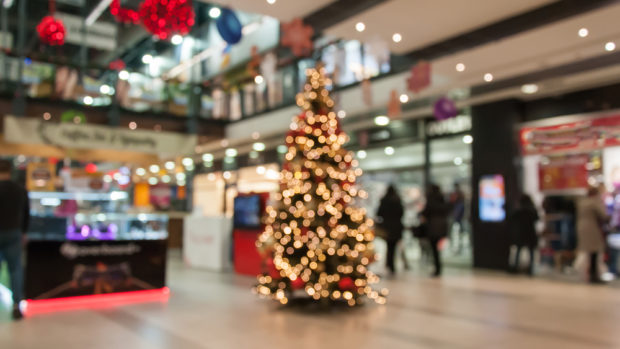



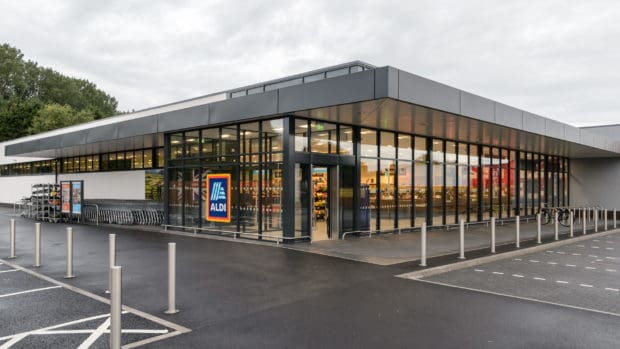
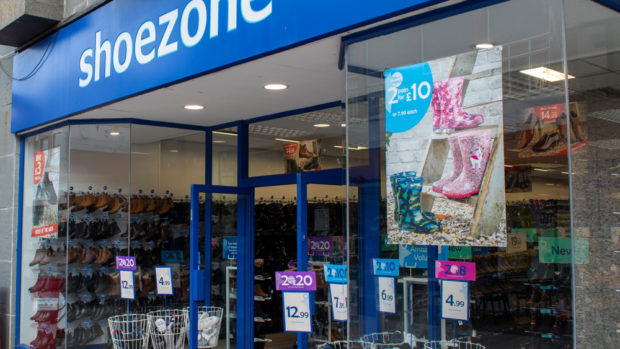
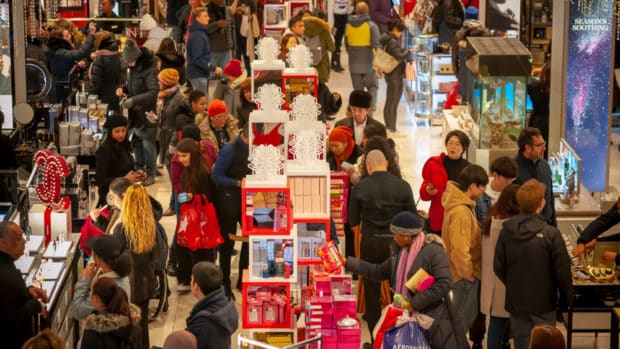
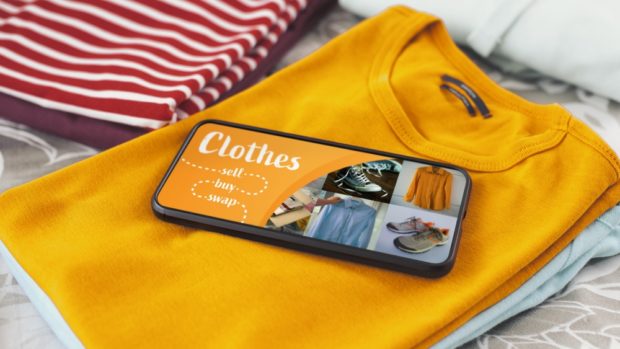
Share